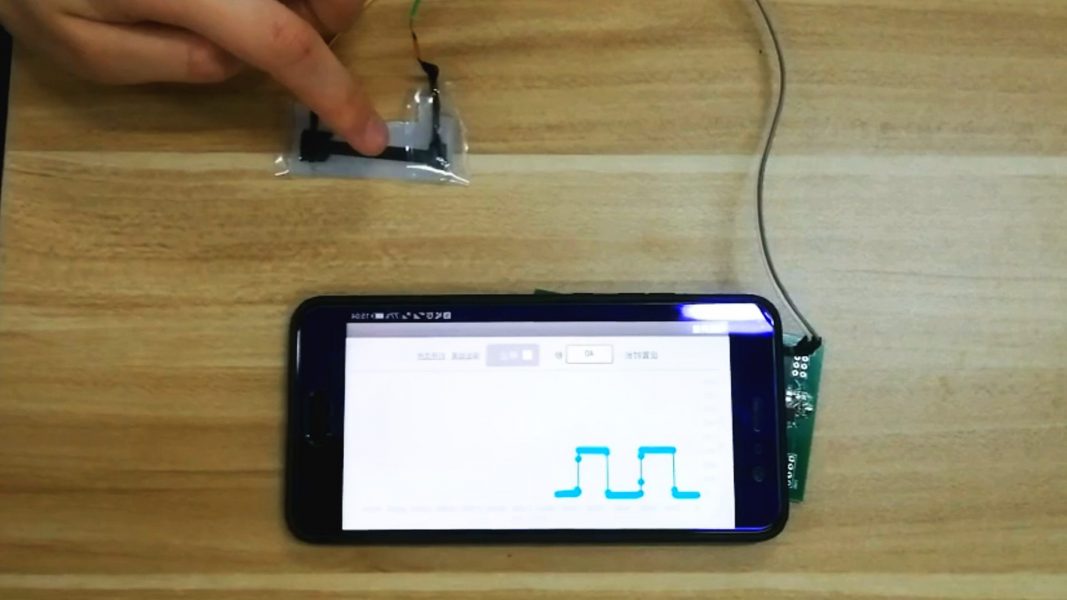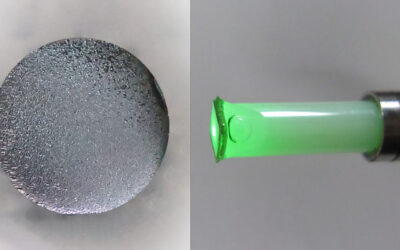Innovations in healthcare monitoring and soft robotics have been driven by the development of electronic skins (e-skins). These wearable sensors allow for real-time sensing of various external stimuli by mimicking human skin.
In Advanced Functional Materials, Profs. Yang Guo, Qi Li, and Fuzhen Xuan of East China University of Science and Technology, and their co-workers develop highly sensitive strain sensor arrays for e-skins that do not require any post-synthesis steps.
Prof. Yang Gao: “In our research, a laser direct writing technique is developed to synthesize silicon-carbide-based strain sensor arrays on elastomers, which is mask-free, highly efficient, and scalable.”
Different patterns made from a silicone rubber film are subjected to laser irradiation, which produces grooves containing carbonaceous material on the surface of the film.
Prof. Yang Gao: “The strain sensor has high sensitivity, small temperature drift, and high mechanical durability. It can be used for human health monitoring and to sense external stimuli.”
When attached to a subject’s neck, the sensor can wirelessly monitor epidermal movement during drinking. Tactile sensing ability was also demonstrated for an array of the sensors.
To find out more about this fabrication approach for e-skin strain sensors, please visit the Advanced Functional Materials homepage.

















